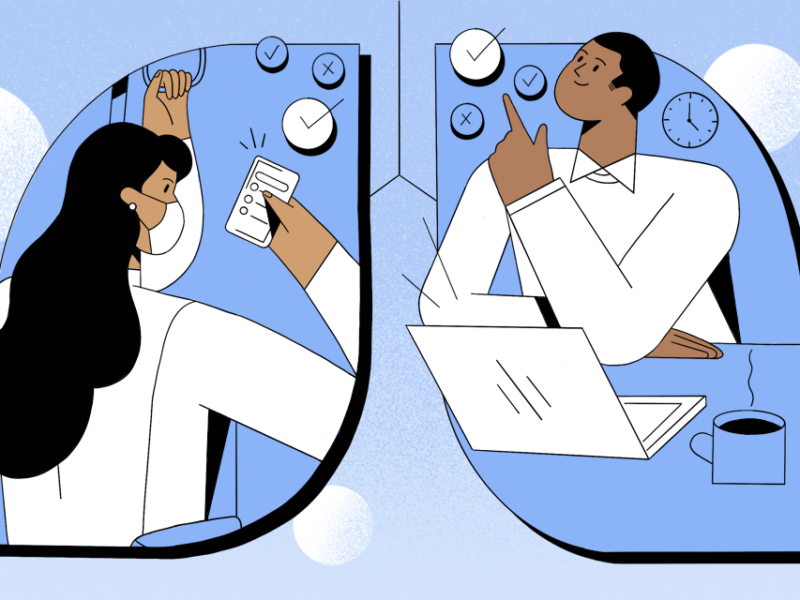Following the scare in Kuwait of a possible Meningitis-Neisseria outbreak, news came out of a potential breakthrough in the development of an effective preventative vaccine against Meningitis Neisseria serogroup B, called the 4CMenB vaccine. Meningitis-Neisseria is a bacterial form of meningitis, a serious infection of the thin lining that surrounds the brain and spinal cord. To date, twelve serogroups of Meningitis Neisseria have been identified; serogroups are distinct variations of the subspecies of the meningitis bacteria that have common antigens. Although there are several vaccines available to control this disease, currently there is no approved vaccine for the prevention of Meningitis Neisseria serogroup B.
The 4CMenB vaccine yielded positive results in a study in Chile, where 12 sites randomly administered the vaccine or placebo to 1,631 enrolled study participants between the ages of 11 and 17. The study analyzed the number of participants who achieved a protective level of titer, which is the level of immunity acquired by a vaccination that will provide adequate protection when exposed to the disease. The protective level of titer for the 4CMenB vaccine is determined by measuring the activity level of serum bactericidal using human complement (hSBA). An hSBA level of 4 or higher is considered a protective titer.
The results of the study showed that more than 99% of patients who had received at least two doses of the vaccine developed protective titers as compared to between 92-97% of patients who received a single dose. Of the patients who had at least 2 doses, 90% still had protective titers after 6 months as compared to 73-76% of participants who received a single dose still had protective titers. Those who were administered a third dose experienced little or no difference as compared to the patients given two doses. Only 29% to 50% of patients receiving placebo achieved hSBA levels of 4, thus demonstrating the effectiveness of the vaccine.
Despite the positive results of this study, more investigations are needed to answer essential questions such as the proper guidelines for vaccine administration, the optimal number of doses needed, and how much time should pass between doses.
Vaccines against other serogroups, e.g. serogroups A, C, W135, and U, have been developed and it is not yet known if 4CMenB is effective against serogroups other than serogroup B. Further clinical data to support such prospects is needed and are crucial to the widespread use of this vaccine.
written by Gilan Megeed
